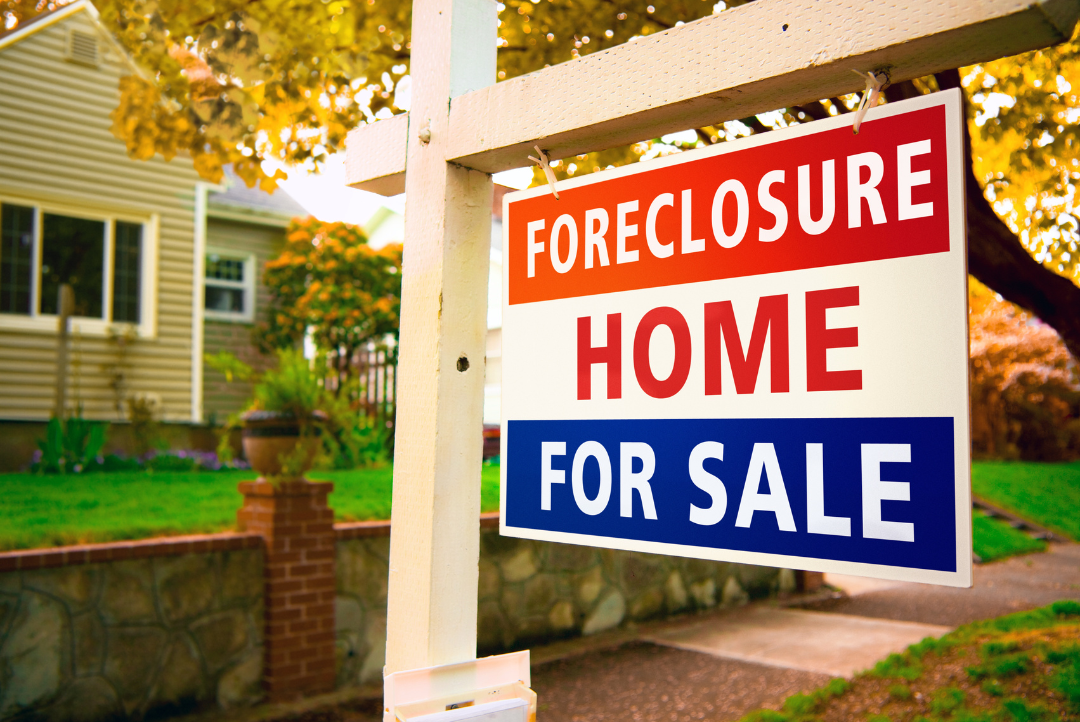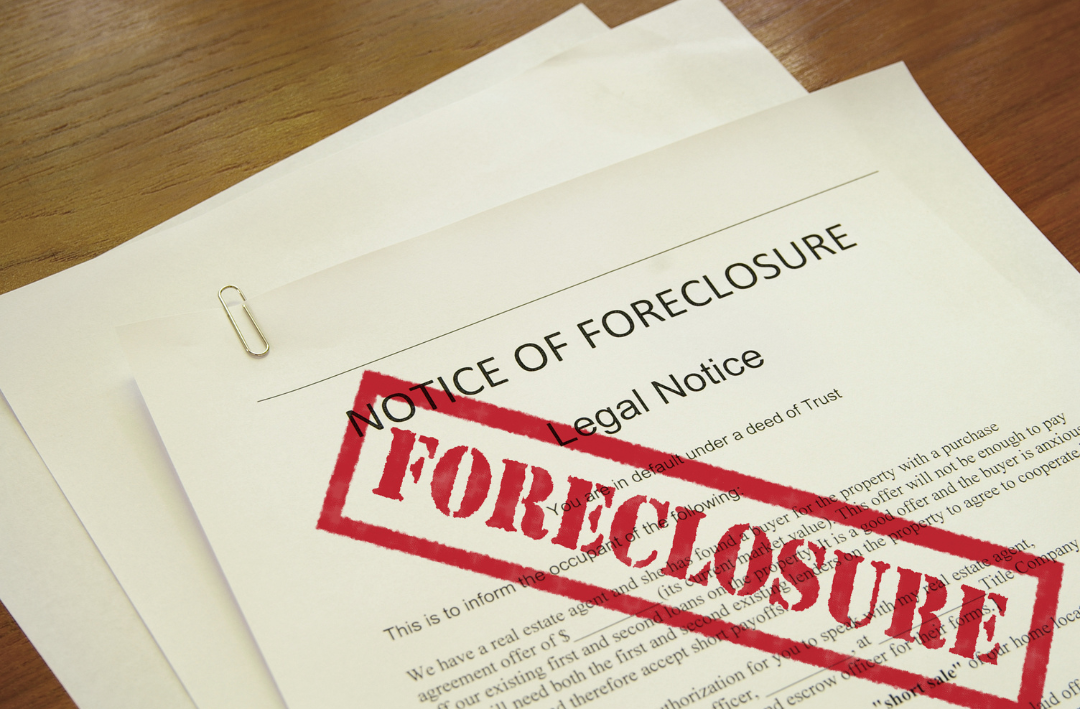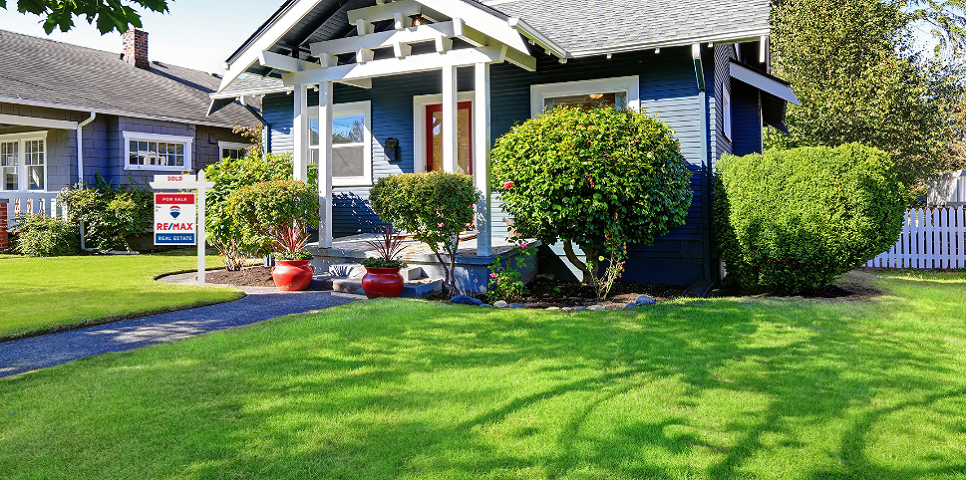Purchasing a foreclosed property can be a promising venture for those looking to invest in real estate. However, it's crucial to approach this process with a thorough understanding of the intricacies involved. This article is designed to equip potential buyers with the necessary knowledge, insights, and precautions related to buying foreclosed properties.

What is a Foreclosed Property?
Foreclosure occurs when a homeowner fails to make mortgage payments, resulting in the lender repossessing the property. Subsequently, the property becomes a 'foreclosure' and is typically sold at an auction or through a real estate agent.
Risks and Values of Buying a Foreclosed Property
Foreclosed properties often come at a discounted price, which can be a significant value proposition for buyers. However, these properties might also come with risks:
As-Is Condition: Most foreclosed properties are sold 'as-is,' which means the buyer may inherit the property in its existing condition, potentially requiring repairs or renovations.
Limited Information: Buyers might not have comprehensive information about the property's history, condition, or potential issues, increasing the risk factor.
Competition and Bidding Process: High demand for foreclosed properties can lead to competitive bidding, which might raise the final purchase price.

The Bidding and Buying Process
The process of buying a foreclosed property involves several key steps:
Research: Start by researching available foreclosed properties through real estate listings, auctions, or through banks and lenders.
Financing: Secure financing or funding in advance, as some foreclosed properties might require immediate payment or have specific financing conditions.
Property Inspection: Prioritize a thorough inspection of the property. Consider hiring a professional inspector to identify any issues or potential costs.
Making an Offer: Submit an offer through the appropriate channels, whether it's an auction, a real estate agent, or directly through the lender.
Legalities and Paperwork: Work closely with a real estate lawyer to ensure all legal aspects are meticulously handled, including title searches and understanding liens or encumbrances on the property.
Closing the Deal: Once your offer is accepted, complete the necessary paperwork and proceed with the closing process.

Additional Factors to Consider
Market Conditions: Analyze the real estate market to understand if purchasing a foreclosed property aligns with the current market trends and future projections.
Legal and Regulatory Considerations: Understand the specific rules and regulations related to foreclosed properties, including any legal implications.
Professional Guidance: Engage with experienced real estate agents, lawyers, and financial advisors to navigate the complexities of purchasing a foreclosed property.

Buying a foreclosed property can be a rewarding investment opportunity. However, it's essential to approach this process with caution, diligence, and a comprehensive understanding of the risks and values involved. By conducting thorough research, seeking professional guidance, and being aware of the associated risks, potential buyers can make informed decisions when venturing into the realm of purchasing foreclosed properties.
Posted by Infinity Admin on

Leave A Comment